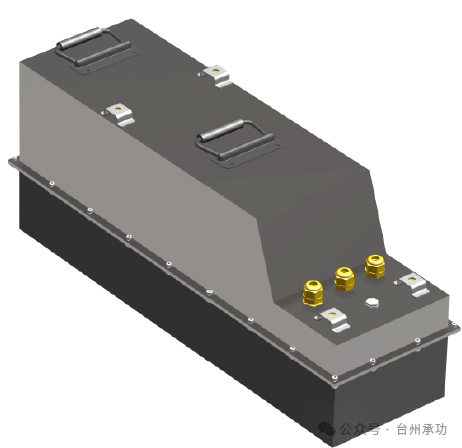The Role of Mechanical Strength in Cylindrical Cell Modules

Cylindrical cell modules are essential components in modern energy storage systems, widely used in applications such as electric vehicles, portable electronics, and renewable energy systems. These modules consist of multiple cylindrical cells, which are favored for their robust construction and high energy density. The cylindrical shape allows for efficient stacking and arrangement, maximizing the amount of energy stored in a compact space.
One of the primary advantages of cylindrical cell modules is their mechanical strength. The rigid casing of each cell provides protection against physical impacts and enhances overall durability. This is particularly important in environments where the modules may experience vibrations or shocks, such as in automotive applications.
Thermal management is another critical aspect of cylindrical cell modules. The design facilitates effective heat dissipation, which is essential for maintaining optimal operating conditions. Many modules incorporate thermal monitoring systems to prevent overheating, ensuring safety and prolonging the lifespan of the cells.
Additionally, cylindrical cell modules are designed for scalability. They can be configured in various ways to meet different energy requirements, making them suitable for both small-scale applications and larger energy systems. This flexibility is valuable for industries looking to customize their energy solutions.
Overall, cylindrical cell modules represent a reliable and efficient choice for energy storage, combining strength, safety, and versatility to meet the demands of a variety of applications.
- Art
- Causes
- Crafts
- Crypto
- Dance
- Drinks
- Defi
- Film
- Fitness
- Food
- Giochi
- Gardening
- Health
- Home
- Literature
- Music
- Networking
- Altre informazioni
- Party
- Religion
- Shopping
- Sports
- Theater
- Wellness

